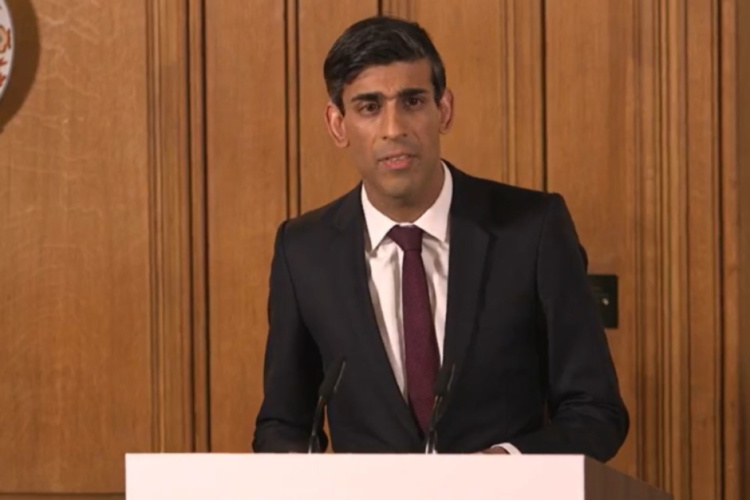Chancellor outlines £65bn recovery Budget in Parliament
Rishi Sunak has revealed to Parliament a £65bn Budget to provide support for jobs and businesses as the nation starts to recover from the coronavirus pandemic.


The chancellor's investment-led recovery includes the establishment of new port infrastructure to support offshore wind projects, £68m for the development of energy storage prototypes, the publication of the prospectus for the £4.8bn Levelling Up Fund, new Freeports in England, and a new super deduction scheme that cuts a company’s tax bill by 25p for every pound invested in new equipment. From 2023 corporation tax will increase to 25 per cent for businesses with profits greater than £250,000.
Budget 2021 – roadmap needed for global competitiveness
Further measures outlined in parliament include the establishment of an Infrastructure bank in Leeds and a new two-pronged Help to Grow scheme for SMEs that will see government pay 90 per cent toward the cost of management courses plus free training for digital skills and a 50 per cent discount on new productivity-enhancing software.
Sunak told Parliament: “This Budget meets the moment with a three-part plan to protect the jobs and livelihoods of the British people. First, we will continue doing whatever it takes to support the British people and businesses through this moment of crisis. Second, once we are on the way to recovery, we will need to begin fixing the public finances – and I want to be honest today about our plans to do that. And third, in today’s Budget we begin the work of building our future economy.”
Register now to continue reading
Thanks for visiting The Engineer. You’ve now reached your monthly limit of news stories. Register for free to unlock unlimited access to all of our news coverage, as well as premium content including opinion, in-depth features and special reports.
Benefits of registering
-
In-depth insights and coverage of key emerging trends
-
Unrestricted access to special reports throughout the year
-
Daily technology news delivered straight to your inbox










Water Sector Talent Exodus Could Cripple The Sector
Maybe if things are essential for the running of a country and we want to pay a fair price we should be running these utilities on a not for profit...